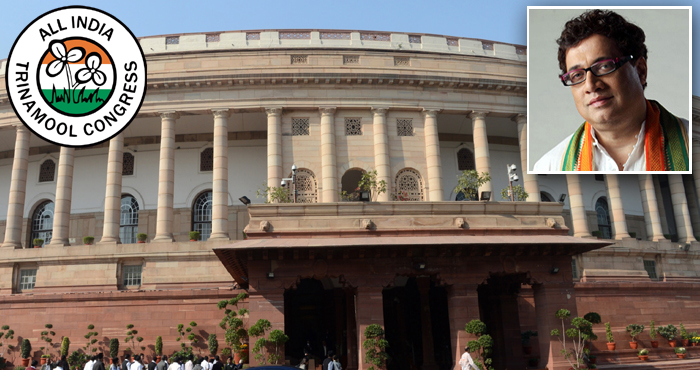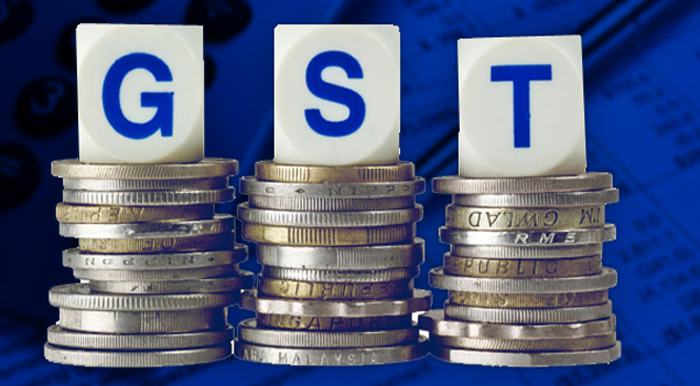Full Transcript
Sir, broadly, we are supporting this Bill but we have some suggestions and some requests. Very closely, we have examined the provisions of the Constitution (One hundred and Twenty-second Amendment) Bill, 2014.
There are still some major concerns of the State that have not been appropriately addressed. We have a request to the hon. Finance Minister. It is to hear our suggestions and remove the difficulties since I have said that broadly we agree to this Bill. So far as the GST compensation is concerned, it was unanimously agreed that the State should be compensated by the Government of India for loss of revenue for at least five years. We are strongly of the view that this should be guaranteed by the Constitution itself.
Section 19 of the Bill as it stands today reads as follows: “Parliament may, by law, on the recommendation of the Goods and Services Tax Council, provide for compensation to the States for loss of revenue arising on account of implementation of the goods and services tax for such period which may extend to five years.” We suggest that in section 19 of the Bill, for the words, “Parliament may”, the words, “Parliament shall” be substituted.
Further, the words “for such period which may extend to five years” should be replaced by the words “for a period not less than five years”. In respect of inclusion of petroleum crude, high speed diesel, petrol, natural gas, and aviation turbine fuel, our stand all along has been that goods and service tax should not be levied on petroleum crude, high speed diesel, petrol, natural gas, and aviation turbine fuel at least in the initial period as presently these items are taxed at higher rates and constitute a major source of revenue for the States.
While it may be acceptable not to constitutionally bar levy of GST on such goods, the genuine apprehensions of the State about the revenue collection from such goods also need to be appropriately addressed. The proposed Article 279A for constitution of the Goods and Services Tax Council has the following provision relating to levy of GST on petroleum products: “(5) The Goods and Services Tax Council shall recommend the date on which the goods and services tax be levied on petroleum crude, high speed diesel, motor spirit (commonly known as petrol), natural gas and aviation turbine fuel.”Even though the Bill proposes levy of GST on such items from the date to be recommended by the Goods and Services Tax Council, it needs to be ensured that GST is not imposed on such petroleum products at least in the initial period of five years after the introduction of GST on other goods and services.
For this, our suggestion is that the proposed Article 279A may be as amended as I am reading: “(5) The Goods and Services Tax Council shall recommend the date, not being a date earlier than five years from the date of coming into force of the parliamentary legislation in accordance with Article 246A, on which the goods and services tax be levied on petroleum crude, high speed diesel, motor spirit (commonly known as petrol), natural gas and aviation turbine fuel.” In respect of the power of State to impose tax on tobacco and tobacco products, it is stated that the Centre even after the amendment proposed to entry 84 of List I, i.e. Union List of the Seventh Schedule shall continue to impose excise duty on tobacco and tobacco products. We urge that the States should be treated on a par with the Centre and they too should be allowed to impose sales tax over and above GST on tobacco and tobacco products.
Thus, the entry 54 of List II, i.e. State List of the Seventh Schedule needs to be appropriately amended. Regarding the proposed new Article 269A in the GST Bill, I would like to mention that since the revenue of the States will depend on the inter-state transactions, they must have the authority to verify the transactions. So, for providing a legal framework, it is absolutely necessary that the relevant enabling clause should be added to the proposed Article 269A as was earlier recommended by the Empowered Committee.
While we appreciate the partial release of compensation for 2010-11 of Rs.318.56 core in March 2015, it is felt that the balance amount of it, together with the compensation for the years 2011-12 to 2013-14, should be released immediately. This will help in creating the necessary goodwill between the Centre and the States and will provide the much needed comfort to the latter before introduction of the GST.
In 2010-11 the net compensation receivable was Rs.860.36 crore and the compensation received was Rs.540 crore and, therefore the amount pending is Rs.320.36 crore. In 2011-12 the net compensation receivable was Rs.1048.91 crore and the compensation received was nil. In 2012-13 the net compensation receivable was Rs.1336.50 crore and the compensation received was nil.
In 2013- 14 the net compensation receivable was Rs.1237.52 crore and the compensation received was nil. The total receivable amount was Rs.4483.29 crore and the compensation received was only Rs.540 crore and the amount due is Rs.3943.29 crore. Lastly and importantly, I would like to emphasise that GST can only succeed provided the States are financially strong.
This is particularly important to keep the federal structure intact and empower the States to effectively meet their developmental and infrastructural responsibilities. The Finance Minister of our State had earlier requested the Union Finance Minister and I believe a number of times these points have been placed before the hon. Finance Minister.
We hope that these suggestions are taken care of by the hon. Finance Minister. At the very threshold I have said that broadly we are supporting it but we are waiting. Since we are very happy to see your smiling face, we will also smile when we will get our dues.
Thank you




